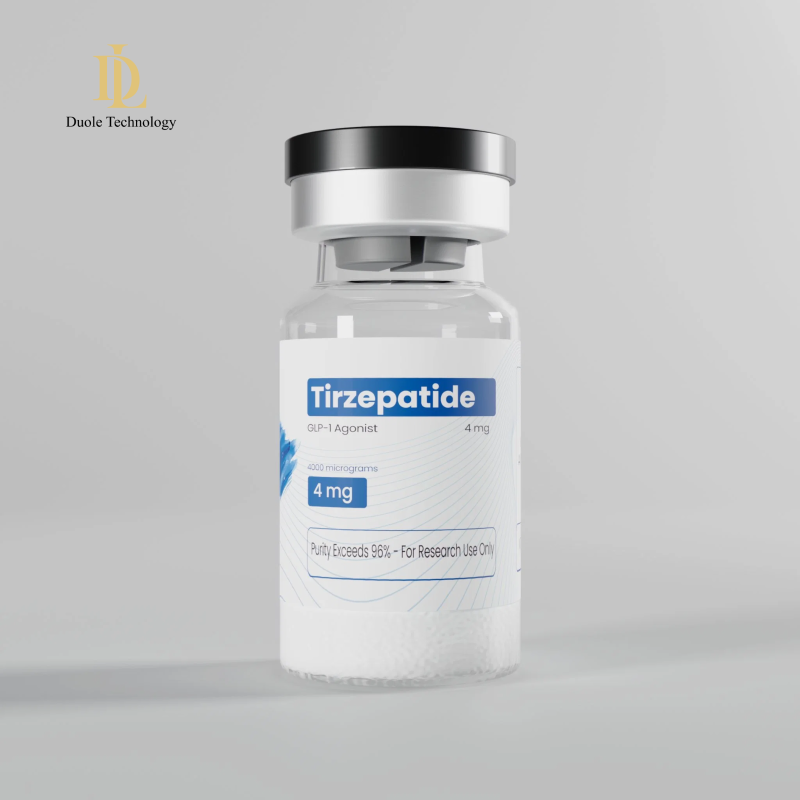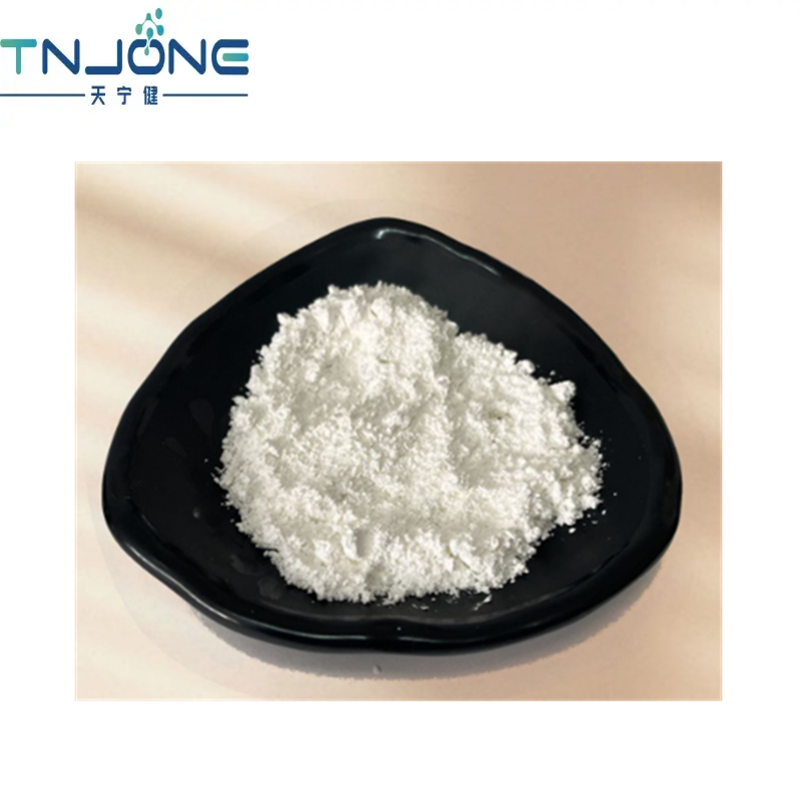-
Categories
-
Pharmaceutical Intermediates
-
Active Pharmaceutical Ingredients
-
Food Additives
- Industrial Coatings
- Agrochemicals
- Dyes and Pigments
- Surfactant
- Flavors and Fragrances
- Chemical Reagents
- Catalyst and Auxiliary
- Natural Products
- Inorganic Chemistry
-
Organic Chemistry
-
Biochemical Engineering
- Analytical Chemistry
-
Cosmetic Ingredient
- Water Treatment Chemical
-
Pharmaceutical Intermediates
Promotion
ECHEMI Mall
Wholesale
Weekly Price
Exhibition
News
-
Trade Service
22 September is International Slow Grain Day
.
Just a few days ago, the domestic new class 1 drug olebatinib (nellich ®), which was independently developed by Yasheng Pharmaceutical, iterated and upgraded version of imatinib, and filled the domestic clinical gap, officially passed the formal review
of the adjustment of the national medical insurance catalogue in 2022.
01From incurable disease to curable "chronic disease" targeted drugs can not escape the "curse" of drug resistance
01From incurable disease to curable "chronic disease" targeted drugs can not escape the "curse" of drug resistance Slow granules are a malignant disease of hematopoietic stem cells predominantly myeloid hyperplasia, in patients with leukocytosis or splenomegaly, myeloid immature cells may be seen in peripheral blood, and the presence of positive Ph chromosomes and/or BCR-ABL fusion genes
.
In the past, slow granules were considered an "incurable disease", and chemotherapy, interferon therapy and bone marrow transplantation were all mainstream treatment options, but the treatment effect was not ideal
.
According to statistics, the emergence of targeted drugs has increased the five-year survival rate of slow grain patients from less than 50% to 90%, and most patients can obtain long-term survival and even achieve clinical cure
.
For a long time, Chinese patients with T315I mutation slow granules lacked effective treatment methods and faced the dilemma
of no cure.
02 Clinical data from 0 to 1 to fill the domestic treatment gap shows the best potential in the same category
02 Clinical data from 0 to 1 to fill the domestic treatment gap shows the best potential in the same category In November 2021, the State Drug Administration of China conditionally approved the listing of the class 1 innovative drug orebatinib tablets declared by Yasheng Pharmaceutical through the priority review and approval procedure, filling the treatment gap
for patients with T315I mutation slow grain in China.
According to the data of the key phase II clinical trials on the market, the efficacy of orebabatinib in patients with slow grain resistance is remarkable
.
At present, Yasheng Pharmaceutical is actively promoting the clinical development of orebataminib at the global level, with more than 450 patients enrolled in clinical trials
worldwide.
It is worth mentioning that the clinical progress of orebatinib has been selected for oral presentation at the annual meeting of the American Society of Hematology (ASH) for four consecutive years since 2018 and was nominated for
"Best Research" at the 2019 ASH Annual Meeting.
Among them, the marketing application of orebabatinib for the treatment of patients with chronic myeloid leukemia (CML-CP) who are resistant to and / or intolerant of first- and second-generation TKIs was accepted by CDE in July this year and included in the priority review process
.
03The clinical value of global competitiveness of orebatinib economy is prominent
03The clinical value of global competitiveness of orebatinib economy is prominent In fact, the differentiated clinical value and global independent intellectual property rights patents owned by a domestic innovative drug can not only fill the domestic treatment gap, but also make the drug globally competitive
.
For patients with slow grain resistance, especially patients with T315I mutation, in addition to the orebatinib developed by Yasheng Pharmaceutical worldwide, there are two drugs that have also been approved by regulatory agencies, namely the world's first third-generation BCR-ABL inhibitor proprantinib developed by Takeda, and the ABL1 allosteric inhibitor Asciminib developed by Novartis
.
However, the situation of the official and only approved Orebatinib in China is significantly different, and its economic nature is becoming prominent
.
Ma Aixia, director of the Pharmacoeconomics Evaluation Research Center of China Pharmaceutical University and professor of the International School of Pharmaceutical Business, has also said that orebatinib is the only three-generation TKI listed in China, and the existing clinical data show that its safety is higher
than that of similar drugs.
Data show that the number of off-the-list anti-tumor drugs that have passed the preliminary examination of medical insurance this year is 26, of which 3 are non-exclusive drugs and the remaining 23 are exclusive drugs
.
Because it can replace bone marrow transplant surgery, ineffective chemotherapy and palliative treatment, etc.
, releasing clinical and medical insurance resources, Orebatinib is in line with the principle of "guaranteeing the basics" of
China's medical insurance system.
In addition, to make up for the shortcomings of the existing catalogue, reduce the difficulty of clinical management and other advantages, will also help Orebatinib to accelerate the entry into medical insurance
.
The industry generally believes that the blessing of medical insurance payment is self-evident
in further improving the access of patients to innovative drugs.







